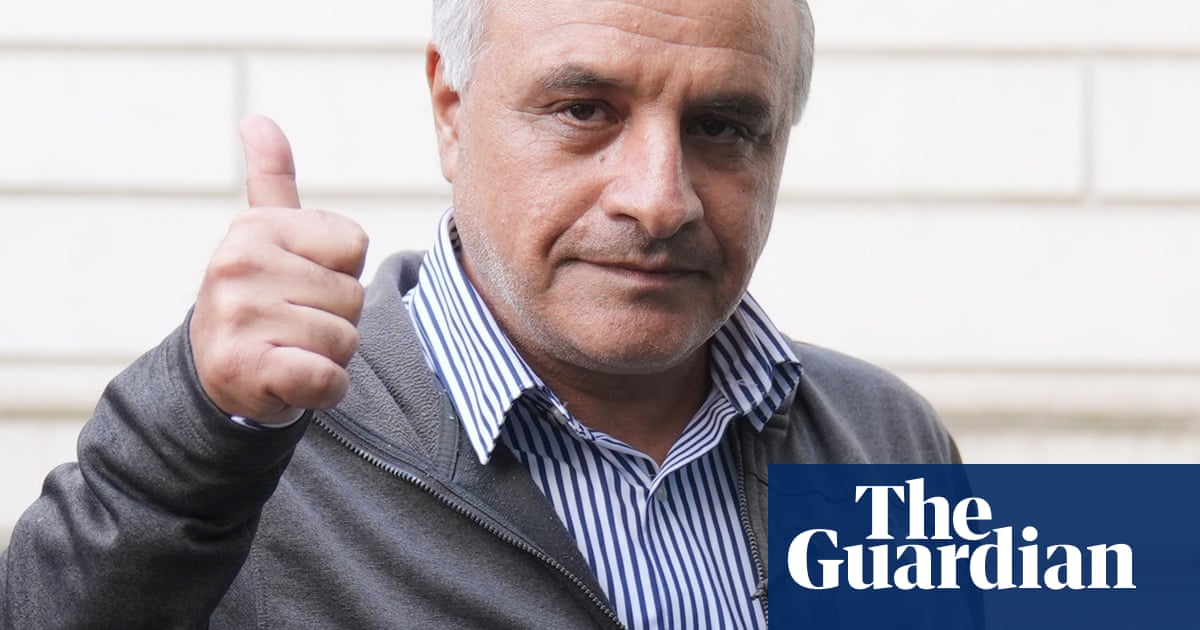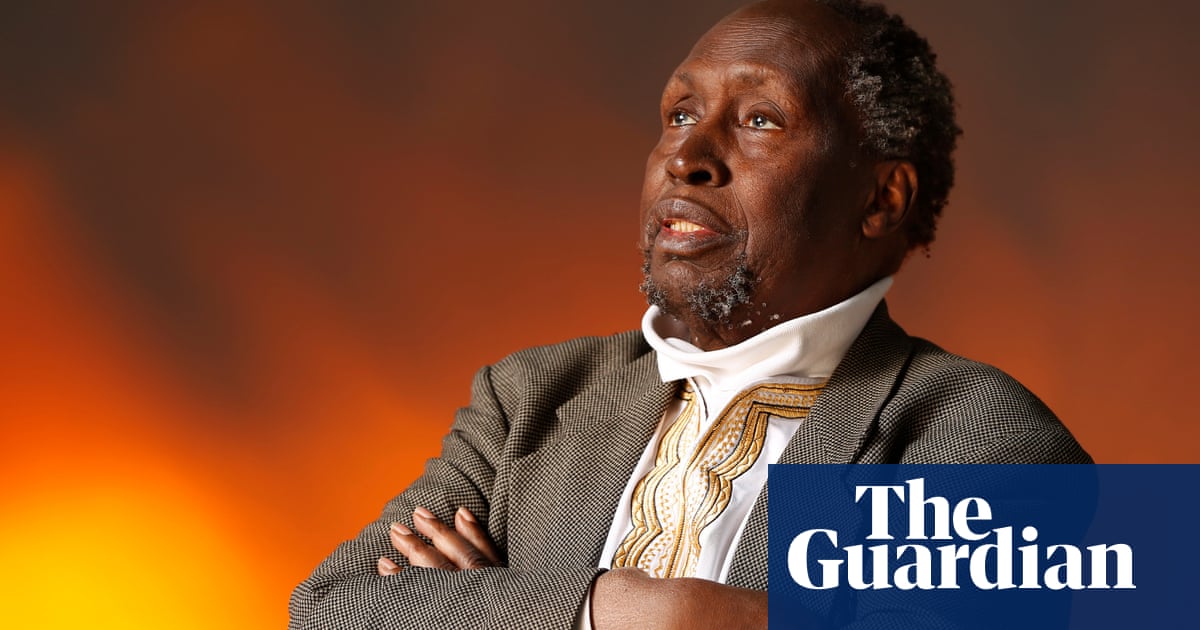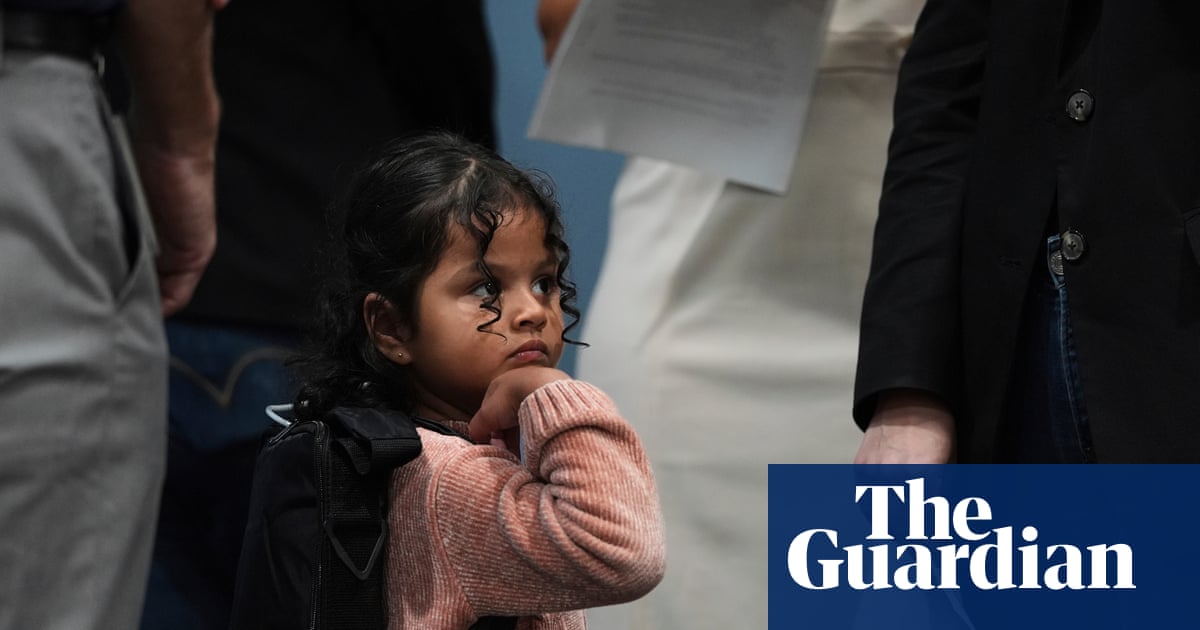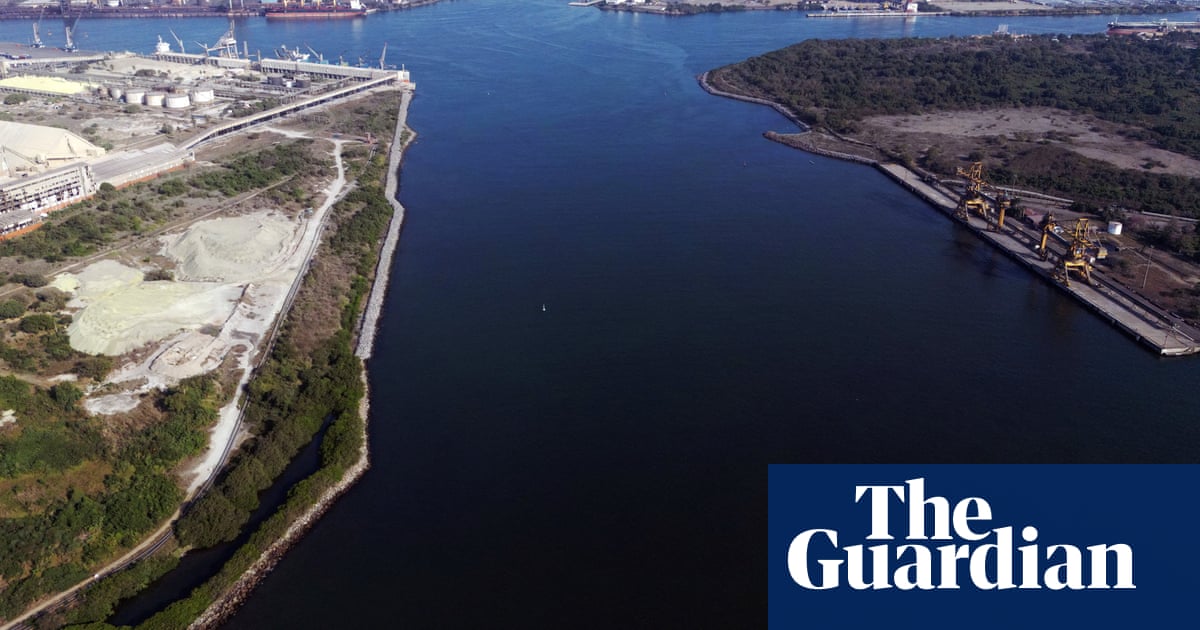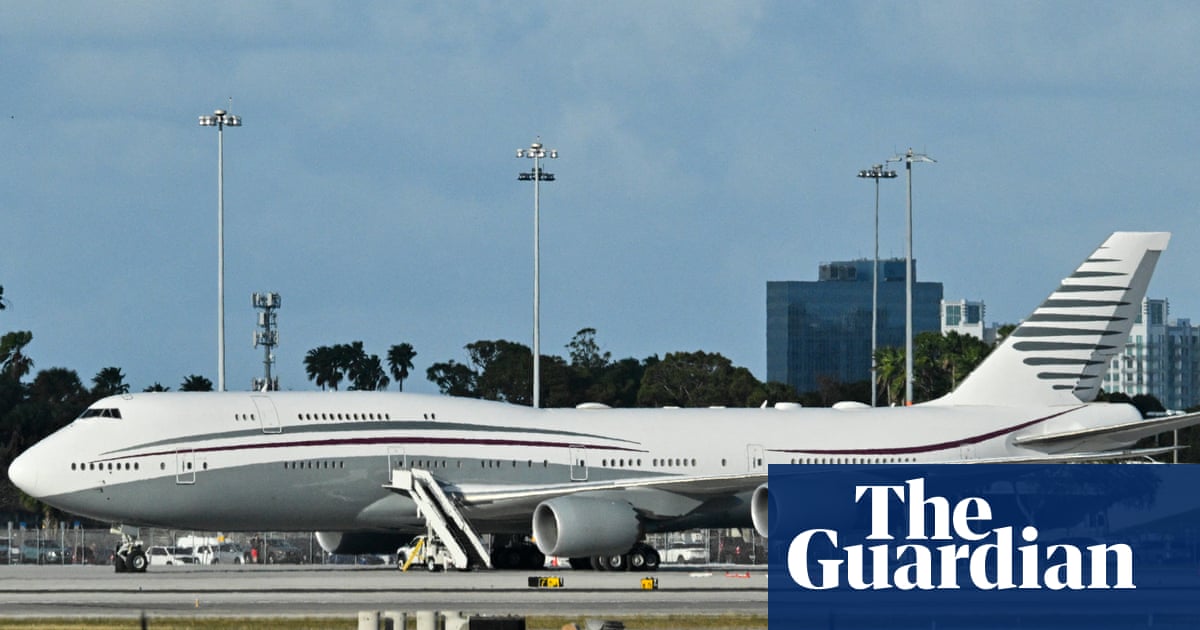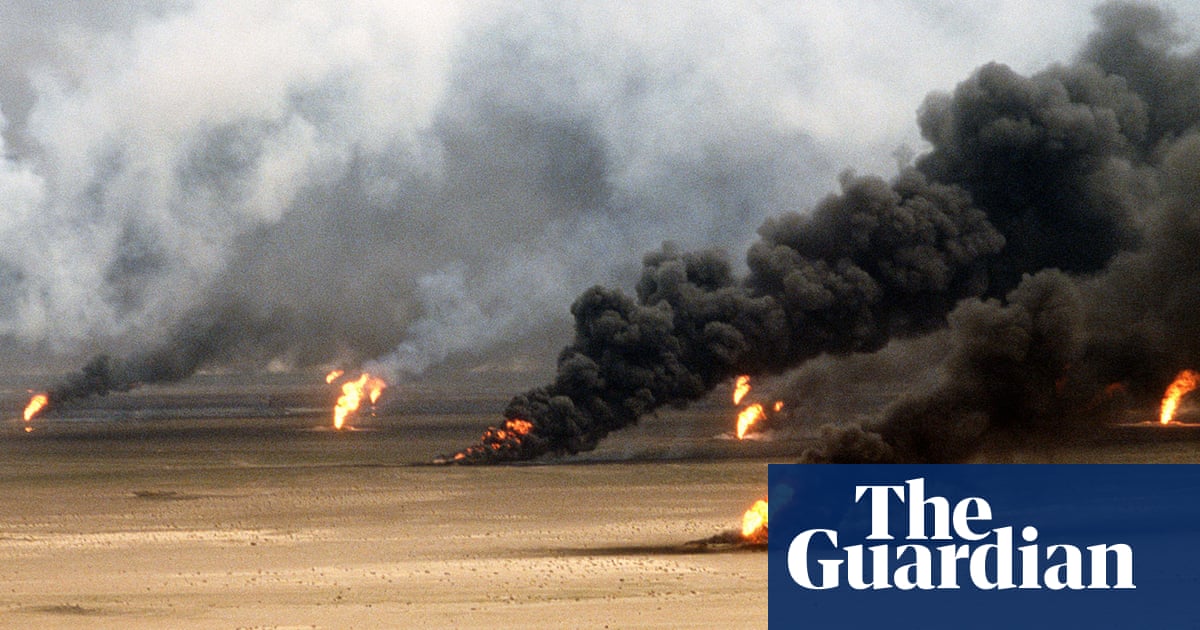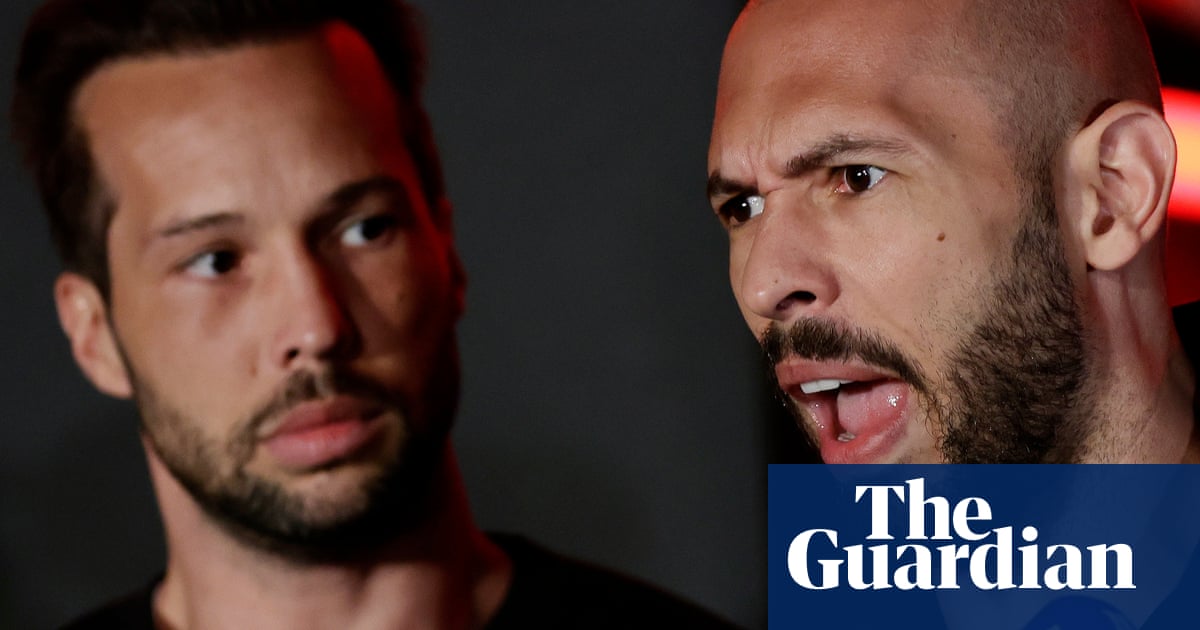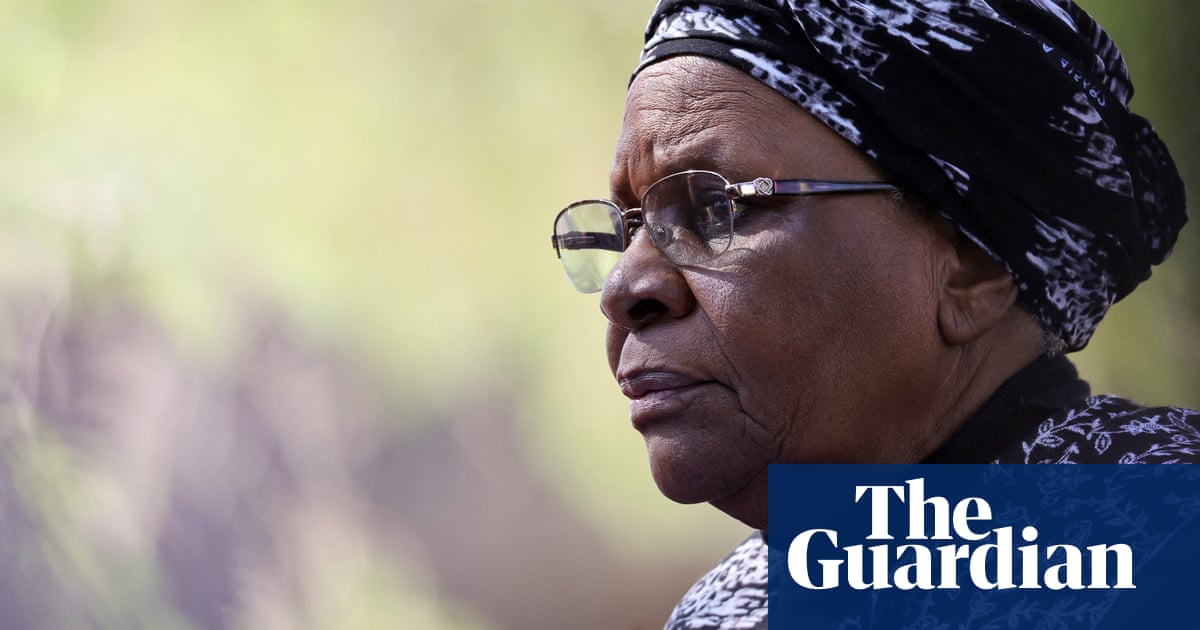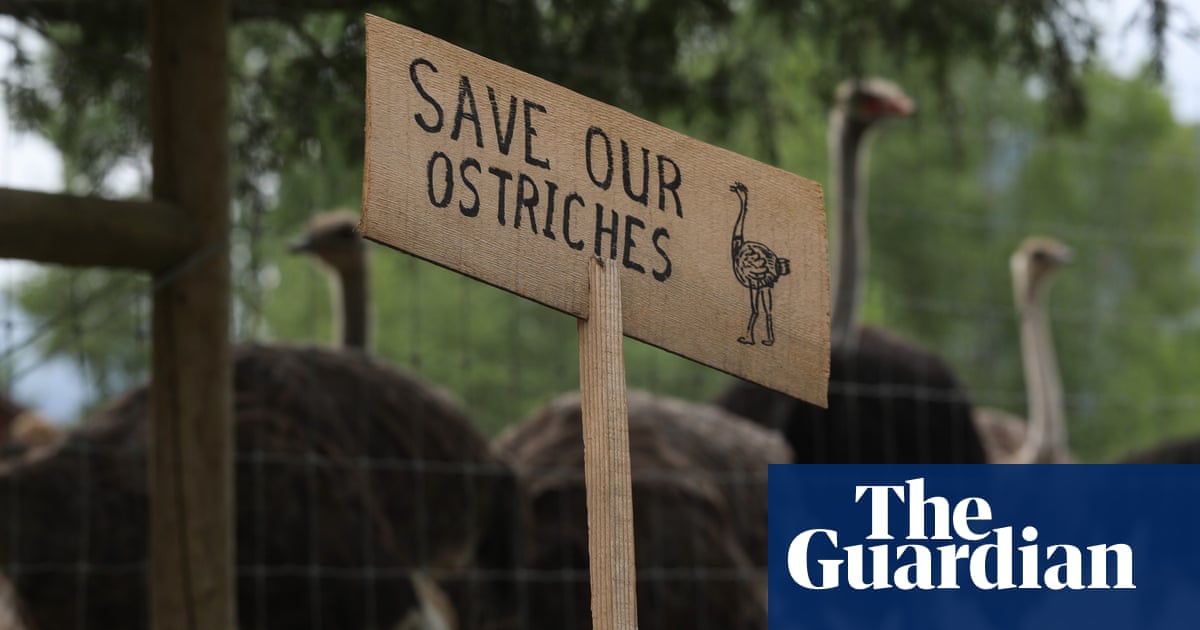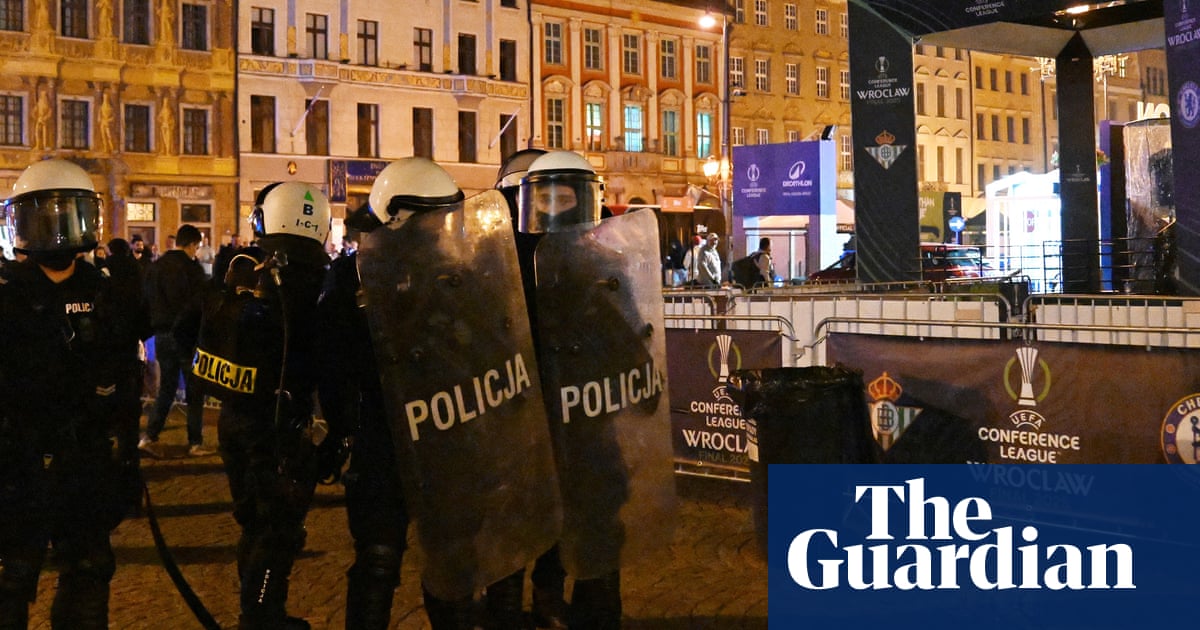Until just a few weeks ago, it was an exhilarating time to be a Conservative in Canada
After nearly 10 years of Liberal rule, a deepening cost of living crisis had soured public support for Justin Trudeau and his shop-worn government. The Tory leader, Pierre Poilievre, had seized on a controversial carbon levy, and pledged to make the next federal vote an “axe the tax” election. Pollsters predicted his party would seize a convincing majority of seats. The country was on the cusp of a new Conservative era.
And then Donald Trump suggested the US might take over Canada.
The US president’s threats – ranging from “economic coercion” to outright annexation – have upended Canadian politics in a way few could have predicted. Speaking to reporters aboard Air Force One on Sunday as he travelled to the Super Bowl game, Trump further escalated his rhetoric, claiming that Canada is “not viable as a country” without US trade, and warning that it can no longer depend on the US for military protection.
For the last two years, any consideration of the future of Canada’s Liberal party had focused on the scale of its impending electoral loss. But in recent weeks, a series of polls have suggested that the Liberals have reversed their freefall.
And a key factor in the party’s apparent resurrection has been Trump.
Since Trump’s comments, Canada has seen a groundswell of visceral patriotism. Maga-style hats emblazoned “Canada Is Not For Sale” went viral. Canadians jeered visiting American sports teams, even during a children’s ice hockey tournament in Quebec City.
And amid a shift in the public mood, the Canadian prime minister has positioned his government as leading a “Team Canada” approach to the emerging threat from the south.
“In this moment, we must pull together because we love this country,” Trudeau said in a recent speech in response to Trump’s threats. “We don’t pretend to be perfect, but Canada is the best country on earth. There’s nowhere else that I and our 41-million strong family would rather be, and we will get through this challenge just as we’ve done countless times before: together.”
But for Poilievre, who had harnessed a populist current in the country and drawn comparisons with Trump, the avenues forward are less clear.
The Conservative leader’s combative politics have served him well against Trudeau, but now appear to be faltering as nationalism supplants partisanship.
One poll, from IPSOS, found the Conservatives had shed roughly 12 points of support within two weeks. Another survey in Quebec, from the firm Leger, found that if the Liberals put former central banker Mark Carney atop their ticket, the party vaulted far ahead of both the Conservatives and the separatist Bloc Québécois.
A third, from the outfit Mainstreet, found the Liberals were tied – or even leading – among likely voters in the battle ground of Ontario.
“This is very much a race that still favours the Conservatives. But if the Liberals gain even a couple more points, we’re in a place where they would suddenly become much more competitive, and the potential for minority government is possible,” said Éric Grenier, a political analyst at the Writ.
One of the main drivers in shifting sentiment has been the resignation of Trudeau as Liberal leader, after the Conservatives had gleefully prepared to wage an entire federal election campaign against him.
“Now the election isn’t going to be about Trudeau. And with both Liberal candidates saying they won’t move forward with the carbon tax, it also won’t be about that. It will most likely be about the next four years and who is best able to dealing with Trump,” said Grenier.
Last week, another poll from the Globe and Mail and Nanos found that 40% of Canadians felt Carney – the former governor of the Bank of England – was best suited to face off against Trump. Only 26% of respondents felt that person was Poilievre.
For a campaign to go from a very specific issue – a referendum on Trudeau’s last nine years as leader – to a completely different issue – Donald Trump – is “rare”, said Grenier.
The Conservatives plan to present a new, patriotic election message in the coming days. Attendees have been instructed to wear red and white – the colours of Canada, but also the colours of the Liberal party.
“Adopting a Canada-first approach to the election is needed, but it’s an awkward one for them, because they’ve been saying for the last couple years that the country is broken,” said Grenier. “And now they have to say: ‘Well, it is but we still really love it.’ And it also feels a bit forced because a segment of their voting base – and probably a segment of their caucus – prefers to have Donald Trump as a president.”
For the Liberals, the reversal confirms their decision to force Trudeau out. But Grenier cautions against reading too much into the polling.
“The danger for someone like Carney, who is polling surprisingly well in a place like Quebec, is that some of the numbers are quite high. Can he live up to that? Or is the idea of him more attractive to voters than the reality of him as an actual leader?”
Still, in an election fought over national identity and the protection of sovereignty, Liberals have unexpectedly found themselves dealt a few lucky hands.
None of the Liberal candidates vying for the party’s top job are cabinet ministers, depriving opposition parties the chance to accuse them of dereliction.
“It may still be a ‘change’ election, but it looks like it is not going to be a carbon tax election. Rhyming couplets like ‘axe the tax’ feel a little stale and disconnected from contemporary political and economic challenges,” said Scott Reid, a political adviser and former director of communications to the former Liberal prime minister Paul Martin. “And if the next election is going to be about how we rewire our relationship to the United States in the face of Trump’s capriciousness, someone with the credentials of Mark Carney starts to look interesting to some voters, and it at least gives the Liberal party the possibility of resurrecting itself.”
Still, the polls at this point are “more akin to a spark than a bonfire’’, Reid said, adding that if an election were held today, Poilievre’s Conservatives would likely win a majority of seats.
But the largely unprecedented nature of Trump’s unpredictable incursions into the national discourse means that honing a careful message, for either party, is largely a useless task.
“What will Donald Trump do in the coming months when there’s a new prime minister on the scene [after the Liberals select their new leader]? How might he blunder into the minefield of Canadian politics? We just don’t know,” said Reid. “But we almost do know that it will happen. Either he determines the ballot question or, on any given day, he has the capacity to dictate the ballot question of the next election. That’s just the reality of it.”

 3 months ago
199
3 months ago
199
